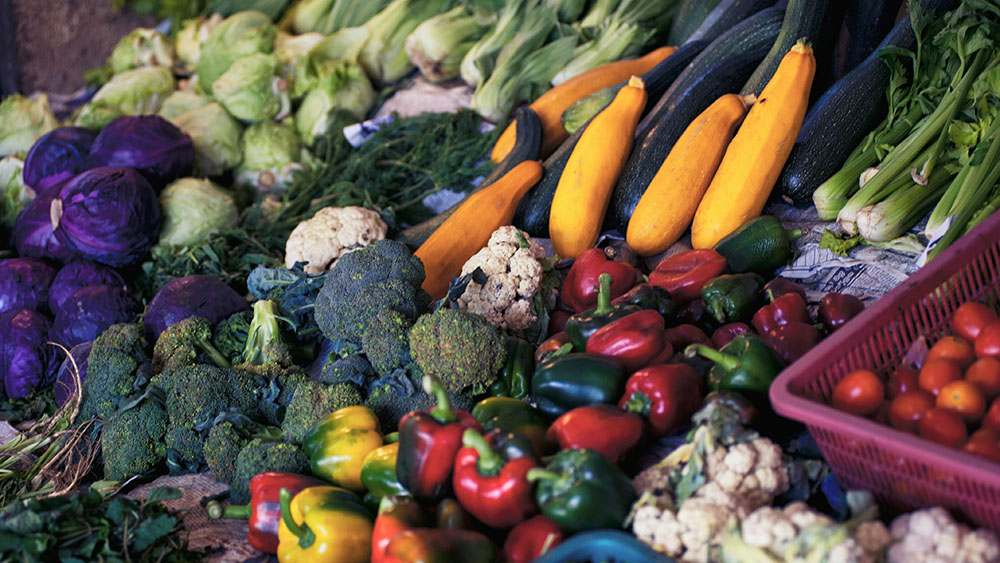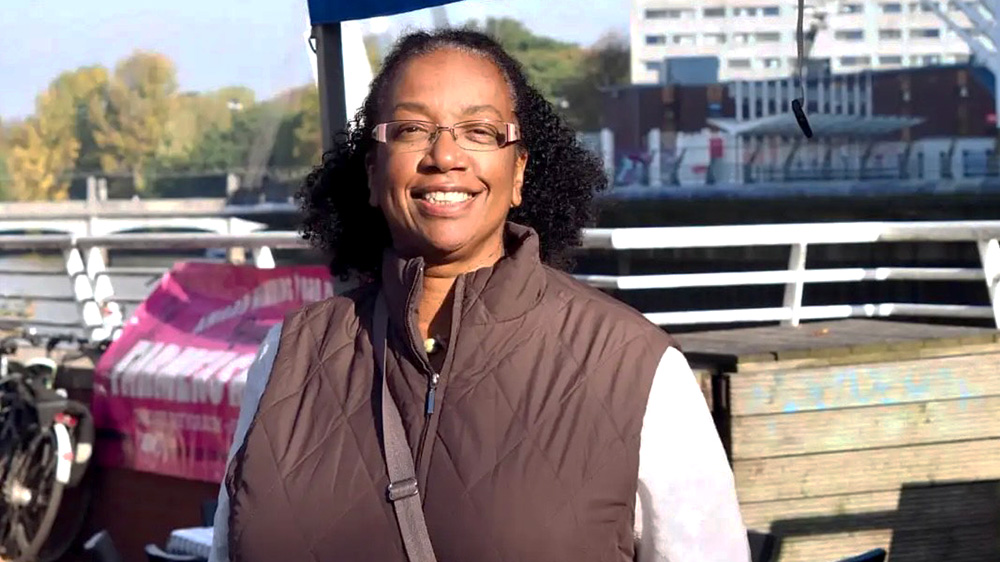The Planet Card scheme gives money to eligible families to spend on organic fruit and vegetables at Cardiff Farmers Market.

Everyone in Cardiff should have access to organic fruit and vegetables, according to the organiser of an innovative project.
The Planet Card initiative gives low-income families money to spend at Cardiff Farmers Market and this week has moved into its second stage.
Hannah Gibbs, the Bridging the Gap Programme Manager, said, “We believe that people should have a right to access the food that they think is best for their health. We also believe that if we are to see a just transition, we need climate and nature friendly food to be available to all, not just those on higher incomes.”
The lowest income families need to spend nearly half of their disposable income to eat a healthy diet, according to The Obesity Society.
Carol Adams, the Enterprise Manager at Cardiff Farmers Market, said, “I’ve had feedback from participants who say it’s given them the chance to try new foods they usually would not be able to afford. It’s also about dignity and choice, being able to shop alongside others at the market and feel part of the community is incredibly empowering.”

Food insecurity is a topical issue in Wales, largely driven by poverty, The impact of the cost-of-living crisis has made it difficult for low-income families to access nutritious food, which is crucial to avoiding potential health problems, according to Food for Life, a food charity in Wales.
The Bridging the Gap project is part of Sustain, an organisation dedicated to campaigning for sustainable food. The aim is to tackle food insecurity by providing customers with £11 per week to spend at Cardiff Farmers Market.
Phase two introduces a digital platform which allows customers to keep track of their spending. The Planet Card initiative is supported by Cardiff University, who is in charge of gathering feedback through surveys, community events, focus groups and interviews.
“The goal is to show that making planet-friendly produce affordable isn’t just possible-it’s beneficial for families, farmers, and the environment. We are aiming to use the feedback from this pilot to advocate for policy changes,” said Carol Adams.
The next steps will be to build on the feedback and continue the project’s success by expanding to more communities.
Hannah Gibbs said, “We are excited to see what we can learn about how such initiatives might be scaled with the right levels of support.”
